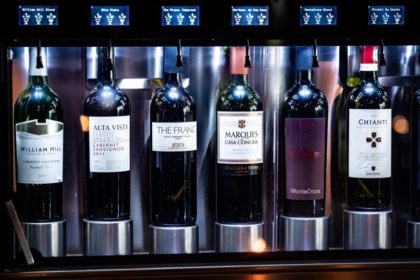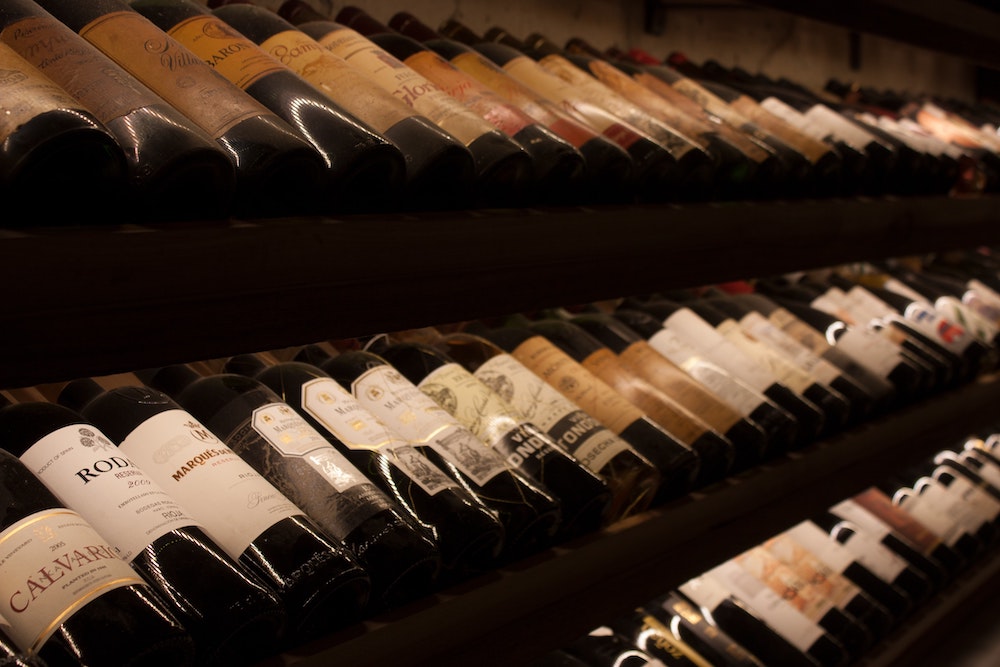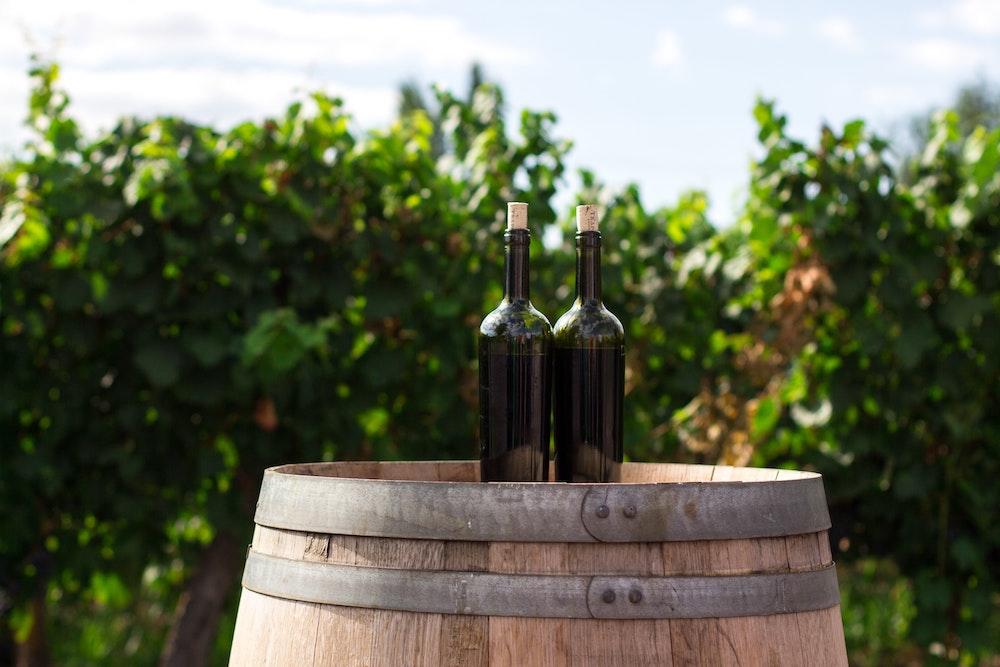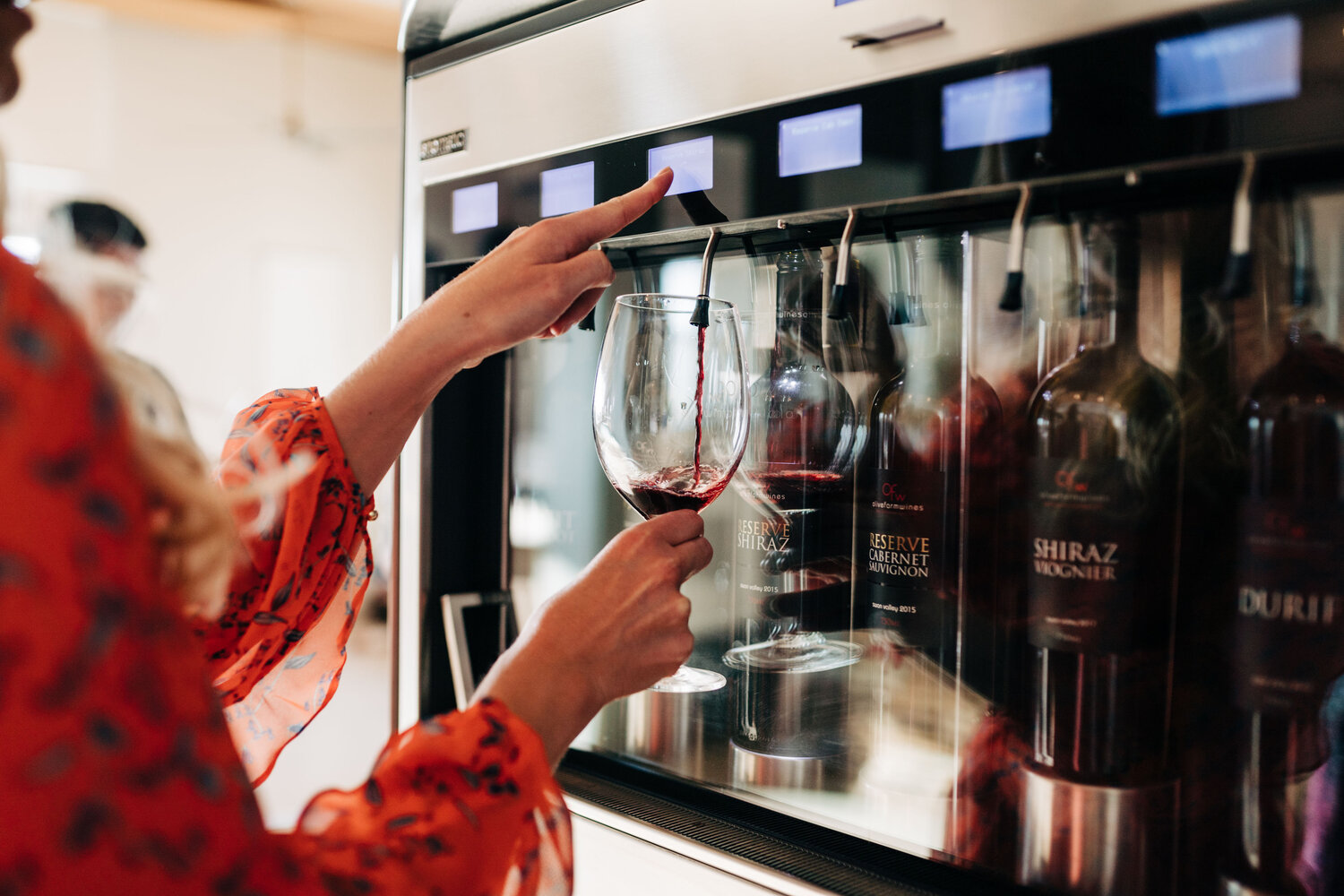
As a restauranteur, bar, hotel owner, or even a professional wine merchant, anyone offering a wine service to their customers understands that quality control and waste reduction are crucial to business profits.
Especially important when we realize that according to experts in data analysis, Statista, the USA $381,341M wine market is set to grow by over 8% by 2025.
But how do you maximize on this and make sure your business is reducing waste and protecting your investment? Many in the hospitality might be asking themselves if wine dispensers are worth it?
Let’s look into that now.
Are wine dispensers worth it? Wine dispensers are worth it for those in the hospitality industry who need to deliver optimum profit quality wine by the glass. A wine dispenser requires no staff or overheads and minimizes waste. Wine dispensers keep wine at the right temperature and in perfect conditions to preserve its quality
So with the definitive answer in mind, let’s explore a little more about wine dispenser technology and how it can help your business.
Let’s start first with why you should discover the benefits of wine coolers, wine cabinets, self-service wine systems, and more.
Why is effective long-term wine storage crucial?
Wine is very temperamental and is likely to become less than its best if it’s stored incorrectly.
This is just as important to those enjoying a glass of wine at home as those with a vested interest such as wine merchants, hoteliers, and anyone serving wine within their business.
High temperatures can cause premature aging and the loss of flavor and balance, while low temperatures can damage the delicate balance of taste and aroma.
This is why expert wine storage is integral to preserving the quality and flavors of your wines.
Humidity
Humidity also plays a factor in wine storage. Too much humidity can ruin the label, which means any restaurateur, hotelier, or wine merchant will have difficulty re-selling the wine due to its less than attractive visual appeal.
So although too much humidity can ruin labels, the wine still needs to be stored with a certain level of humidity. The ideal level is between 60 and 70 percent. If not it can begin to dry the cork out which leads to cork cracking.
Some of the best quality wine dispensers will be temperature controlled.
“The ideal level of humidity is between 60 and 70 percent.”

Oxygen
One of the biggest contributors to wine spoilage and reduced profit margins is a storage area that is too dry.
Too dry conditions can cause the cork to crack, which will allow oxygen into the bottle.
In small doses, oxygen is an important part of a wine’s natural aging process. However, when a wine is exposed to oxygen, its properties can quickly deteriorate.
Oxygen interacts with the phenols and ethanol in wine, which will change not only the wine’s flavor and aroma, but also the color.
Acids in wine
Acids in both grapes and wine are responsible for the color, Its flavor profiles as well as the overall taste.
They also have a direct influence on the yeast. Not only during the fermentation process, but they will also help to protect the wine from bacteria.
Ethanol oxidation is associated with acetaldehyde production. Acetaldehyde is a product of yeast fermentation; too much acetaldehyde can lead to the presence of film-forming bacterias, such as acetic acid bacteria.
Does your stored wine have an apple aroma?
Acetic acid is responsible for a wine’s green apple flavor, which becomes more present and overwhelming as the wine oxidizes.
This is why uncorked bottles could become undrinkable the next day.
“This is why expert wine storage is integral to preserving the quality and flavors of your wines.”

Sunlight
Without proper storage in a restaurant, hotel, or even for specialty wine merchants, wine can become rancid and unusable.
Too much sunlight can cause amino acids containing sulfur to oxidize.
This will once again, change the aroma and taste which will of course have a direct impact on not only your bottom line but also your reputation in the hospitality industry!
So it’s crucial to store wines away from light. This includes sunlight but also fluorescent fixtures.
When the wine has been affected by light or becomes ‘light struck’, the wine will develop an odd smell.
“It’s crucial to store wines away from light. This includes sunlight but also fluorescent fixtures”.
Wines by the glass
According to experts, the most cost-effective way of offering wine is by the glass.
Most wine dispensers will be able to deliver quality wine by the glass without any of the natural loss which can happen when storing whole bottles of wine.
A wine dispenser means that those who sell wine are able to offer wine by the glass in situations duh as hotel and country club lobbies, and also in restaurants or bars.
A considerable saving can be made on staff, overheads and of course keep the wine perfectly stored and at its best quality, which means less wastage and
How does a wine dispenser work?
Wine storage systems protect your fine wines from oxidation using pressurized nitrogen or argon.
- Nitrogen and argon are inert gases, meaning they have no color, scent or taste to interfere with the wine’s delicately balanced flavor and aroma profiles.
- When nitrogen is pumped into a bottle, it displaces the oxygenated air and fills up the extra space.
- Argon, which is heavier than air, provides a protective layer
- The bottles are then sealed, trapping the inert gases and preventing more oxygen from entering the bottle and ruining the wine.
- Each time you dispense wine from the bottles, more argon or nitrogen is pumped in to prevent oxygen from entering.
In other words, dispensers add harmless gas into the wine bottle so oxygen can’t get in and potentially ruin the wine.
Additionally, some wine dispensers are temperature-regulated to keep your wine at perfect serving temperatures.

What’s your budget for a wine dispenser?
Cost should also be taken into consideration. A refrigerated storage model can range anywhere from $2,000-$30,000 depending on the capacity, not including installation and maintenance costs.
These higher-priced models are of course best for those in the trade of serving wine, such as a restaurateur, hotelier, or a serious wine collector.
How much space do you have for a wine dispenser?
You should also consider your available space before buying a dispenser. While several customizable options are available in terms of size, the standard version will need room for proper ventilation.
Recommendations for the best ventilation is to leave at least three inches of space on each side, one inch of space behind, and up to 12 inches of space above.
Which wines can be stored in a wine dispenser?
As a general rule, medium-to-high priced wines that oxidize quickly should be stored in dispensers to preserve their aroma and flavor.
Avoid storing Champagne and other bubbles. These wines require carbon dioxide, rather than nitrogen or argon, to preserve their effervescence.
Many older reds can keep fresher for longer as they have already completed their aging process and respond well to the lack of external oxygen.
White wines also tend to do well in these storage conditions.
”Avoid storing Champagne and other bubbles. These wines require carbon dioxide, rather than nitrogen or argon, to preserve their effervescence.”
And to finish on…
So we hope you’ve got all the information you need to decide whether a wine dispenser is worth it!
Check out all the benefits of a wine dispenser here and we look forward to seeing you at our online ‘live’ presentation which will give you more reasons that a wine dispenser is worth it!
We look forward to working with you soon!



